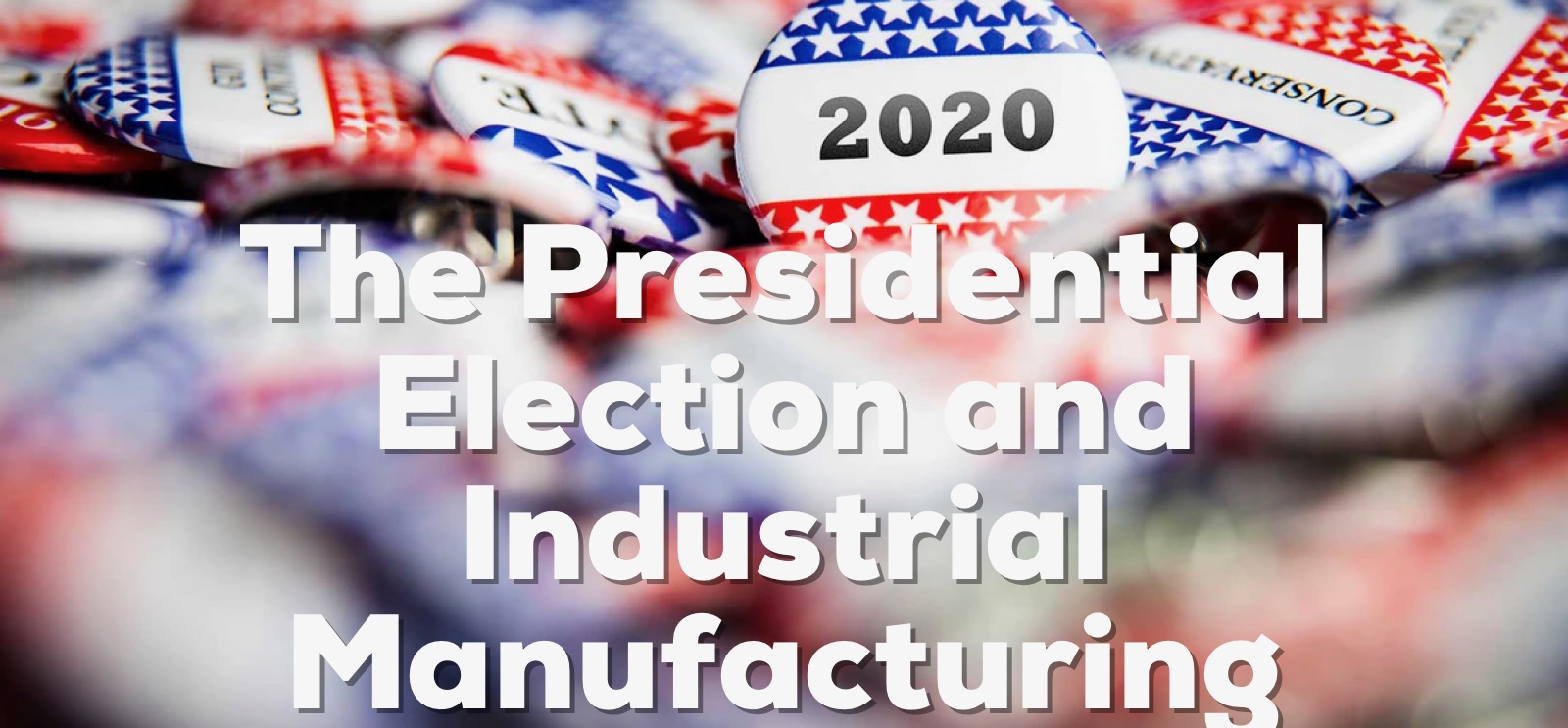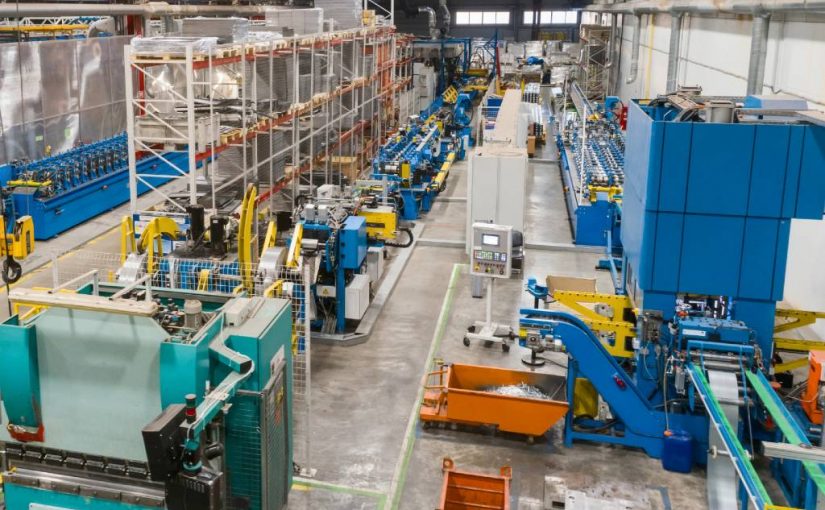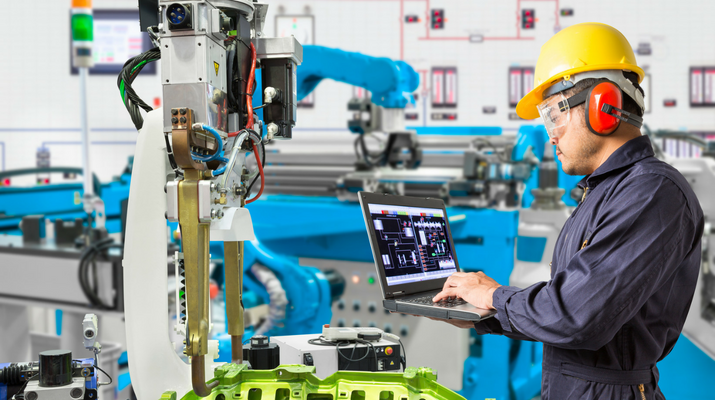The Presidential Election and Industrial Manufacturing
8 December, 2020 | Industrial, Industrial Manufacturing, Industrial Engineering, Presidential Election, Political Climate

How Does the Election Impact Industrial Manufacturing?
The manufacturing sector is tied closely to the political climate of not only the United States but the entire world. That being said, the recent presidential election has put a spotlight on U.S. manufacturing.
In the wake of Election Day, many people are wondering, “How will the election affect manufacturing?”
While there is no easy way to answer that question, the current political climate does point towards some trends that are helpful. Likewise, the stated goals of the incoming administration provide some clarity about what the manufacturing sector can expect.

Bouncing Back
The COVID-19 pandemic has rattled the U.S. economy. With millions of people out of work and disruptions continuing to affect supply chains, things aren’t going to get better overnight. That’s why many experts suggest that manufacturing is key to recovery.
It also made manufacturing a hot topic during the 2020 presidential election cycle. The candidates held very different views on how the industry should be handled moving forward.
Next year will be a make-or-break point for American manufacturing. With a vaccine on the horizon, U.S. workers are ready to start producing.
In the meantime, there is still a clear and urgent need for things like personal protective equipment (PPE) and medical supplies. The U.S. manufacturing industry has stepped up to make those things so far and will continue to do so in 2021.
To help manufacturing companies bounce back from the COVID-19 pandemic, the incoming administration will need to provide additional economic stimulus. Though an end is in sight, it is still several months away. Until then, business and their employees will need support from the federal government.
This could come in the form of direct payments, loans, or tax breaks for companies that agree to do their manufacturing on U.S. soil.

Prioritizing Self-Reliance
A hot topic in recent years has been the way that the U.S. relies on China for a large portion of its manufacturing. This became evident in the early months of 2020 as most of Asia went into lockdown mode.
Despite the fact that the U.S. remained largely untouched by the virus, the country’s economy was already fluctuating as a result of broken supply chains. With this in mind, it became clear that decreasing reliance on other countries must be a key goal for the U.S. manufacturing industry in the years ahead.
The presidential election plays a major role in how the U.S. responds to economic threats from other nations. It’s worth watching how things like tariffs and trade bans play out in the coming months.
There was no shortage of bans and restrictions under the Trump administration. Joe Biden could choose to stick with some of those policies to help the U.S. bring jobs back from China and restore America’s manufacturing prowess.
However, it seems that the incoming administration might take a different approach. Rather than putting bans on trade with China, Biden aims to give U.S. companies incentives for bringing their manufacturing home.
Businesses may also need to worry about a proposed tax that will be levied on foreign earnings. Legislation like this would certainly incentivize U.S. manufacturing firms to carry out their operations on American soil.
Like everything else in 2020, the latest presidential election was messy and full of twists and turns. As the U.S. manufacturing industry tries to recover from COVID-19 while dealing with a host of political pressures, it will be interesting to see how the incoming administration handles things. Regardless, a focus on bouncing back and decreasing reliance on other countries will be two key areas for the sector in 2021.










